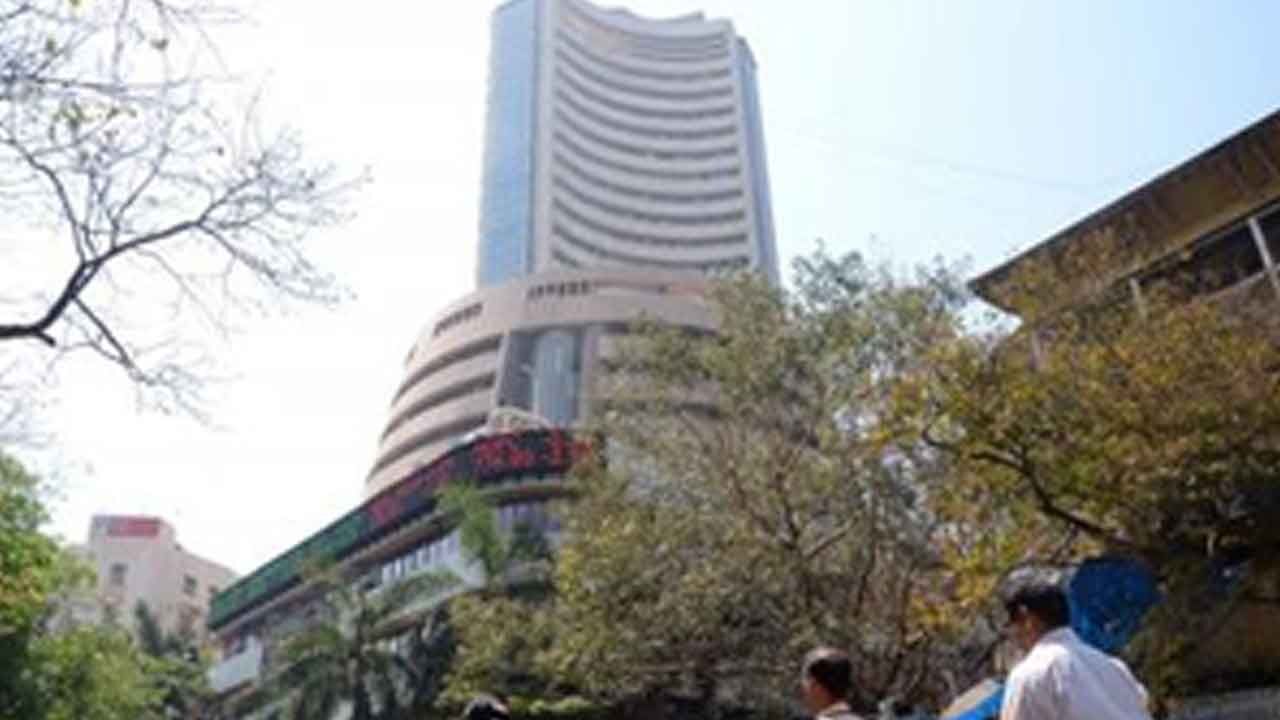India-US Trade Negotiations and Stock Market Sentiment

The commencement of the new financial year (FY26) has been marked by a sense of caution in the market, primarily influenced by the imposition of higher-than-anticipated tariffs by the United States. Market experts suggest that any positive developments from the ongoing India-US bilateral trade negotiations could act as a catalyst for market recovery. However, the current sentiment is largely subdued due to concerns over potential trade wars and their impact on global economic growth.
Several sectors, including IT and metals, have shown underperformance relative to the broader market. This is attributed to increasing anxieties regarding the US economic outlook and the possibility of retaliatory trade measures from other nations. Vinod Nair, Head of Research at Geojit Investments Limited, noted that investors are expected to closely monitor any countermeasures taken by global trade partners, as these could intensify geopolitical and economic uncertainties. The sustained rally in gold and bond prices reflects this cautious approach, highlighting a shift towards safer investment options.
Benchmark indices have experienced a decline for the second consecutive session, falling by over one per cent each. This downturn is driven by a risk-off sentiment prevailing in global markets, fueled by fears of a trade war triggered by reciprocal tariffs imposed by US President Donald Trump, according to a Bajaj Broking Research note. The Nifty index was down by 345.65 points, or 1.49 per cent, settling at 22,904.45. Investors are concerned that aggressive trade policies from the US could provoke retaliatory actions from other countries, potentially escalating into a full-scale trade war that could disrupt global supply chains and impede economic growth.
The broader market has also witnessed a significant decline, with the Nifty Midcap 100 and Nifty Smallcap 100 indices dropping by 2.91 per cent and 3.56 per cent, respectively. All sectoral indices have traded with sharp reductions, with IT, Auto, Pharma, PSU Bank, Realty, Oil and Gas, and metals gauges losing between 3 per cent and 6 per cent.
According to Bajaj Broking Research, the index is currently positioned around a key support area of 22,700-22,800. Maintaining levels above this support area will be crucial for a potential pullback towards the previous week's high of 23,565 in the coming week. However, failure to hold above this support could lead to a further decline towards 22,300 levels. Market participants are also closely monitoring developments in US tariff policies, the RBI monetary policy outcome, and the resumption of the Q4 FY25 earnings season.
Investor attention is also focused on the upcoming MPC meeting, where the benchmark interest rate decision is expected. A favorable outcome could benefit rate-sensitive sectors. Additionally, key macroeconomic indicators, such as India’s inflation figures and US jobless claims, will be closely analyzed for insights into the underlying economic conditions in both regions.
Furthermore, market focus is gradually shifting towards the upcoming corporate earnings season. The initial outlook remains subdued, with the risk of further downward revisions to earnings growth, largely due to tepid demand and persistent margin pressures.











